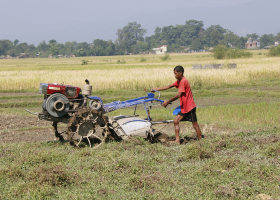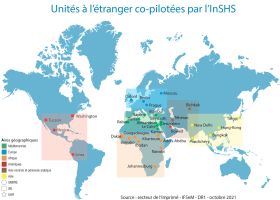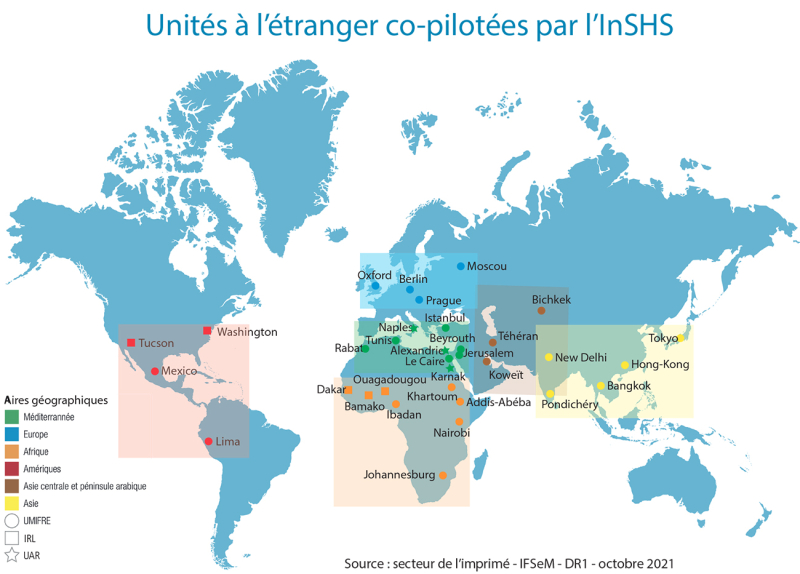French research centres, schools and institutes
The Institute for Humanities and Social Sciences works with research centres and major French institutions in other countries to promote our units' European and international ambitions. This network is one of the most important tools for structuring research in Europe and internationally.
The INSHS co-manages three service and research units (USRs) - the Jean-Bérard Centre (Naples), the Centre d'études alexandrines (Alexandria) and the French-Egyptian Centre for the Study of the Temples of Karnak. These centres are shared with two French Schools abroad (the École Française de Rome and the French Institute for Eastern Archaeology in Cairo) and with the Egyptian Ministry of Antiquities.
The INSHS has partnerships with major local universities in three international laboratories - in Tucson, Washington and Dakar/Bamako/Ouagadougou (multi-site unit).
Finally, the INSHS is unique in that it co-directs a unique network within the CNRS - that of French International Research Laboratories (UMIFRE) - in partnership with the French Ministry for Europe and Foreign Affairs.
All these units offer researchers, academics (hosted with delegated positions) and doctoral students a wide range of opportunities for mobility in their careers.
The INSHS has also signed scientific agreements with five French schools abroad – the French School at Athens, the École Française de Rome, the French School of Asian Studies, the Casa de Velázquez and the French Institute for Eastern Archaeology. These five establishments are under the authority of the Ministry of Higher Education, Research and Innovation and have represented the excellence of French research abroad for several centuries now. They are important organisations for disseminating and promoting research carried out at the INSHS.


